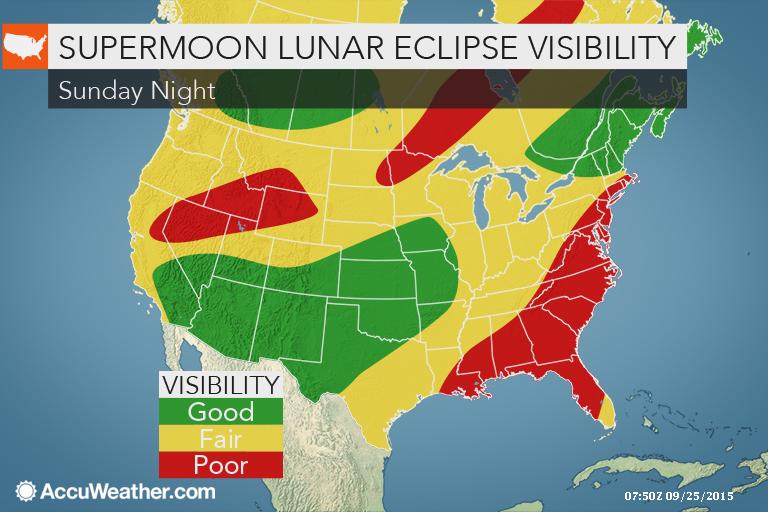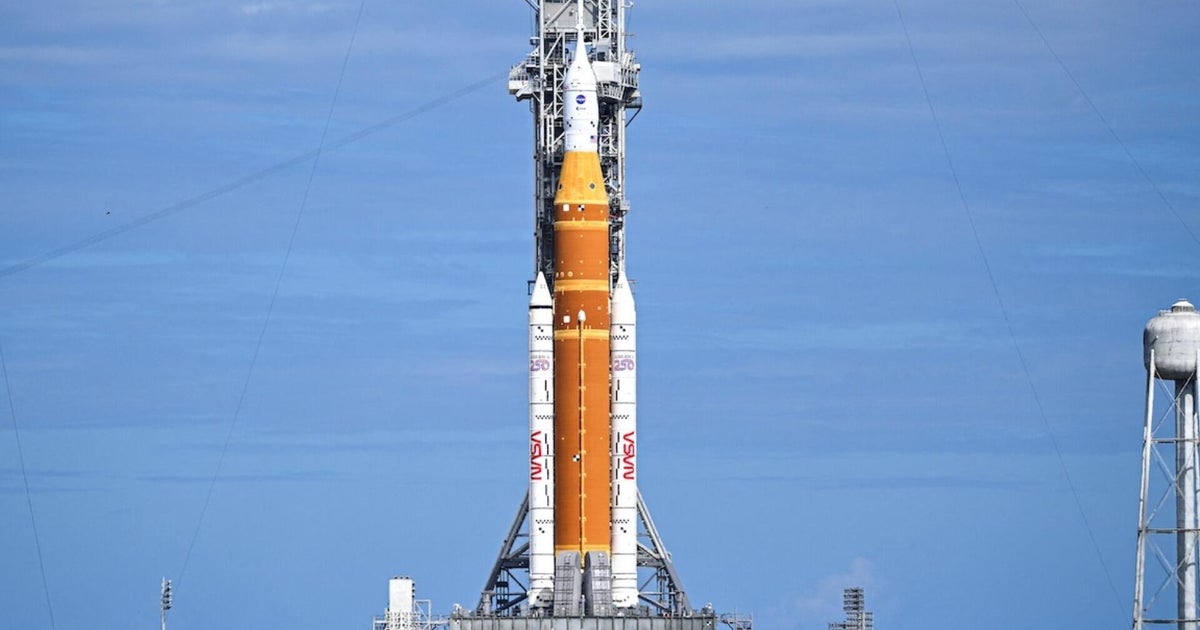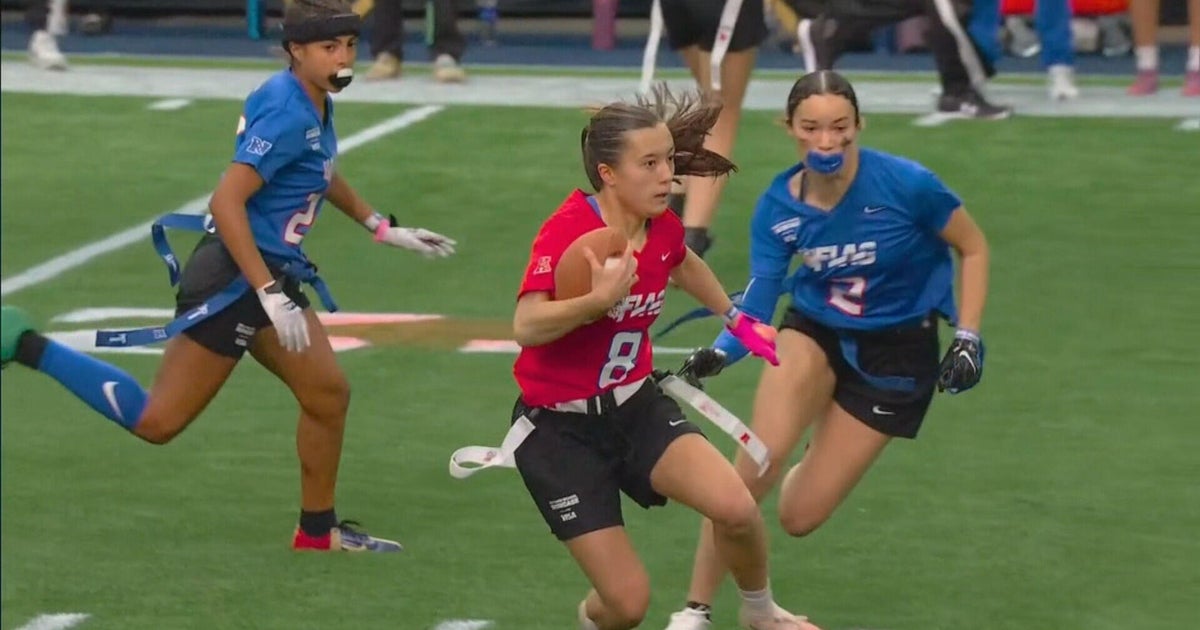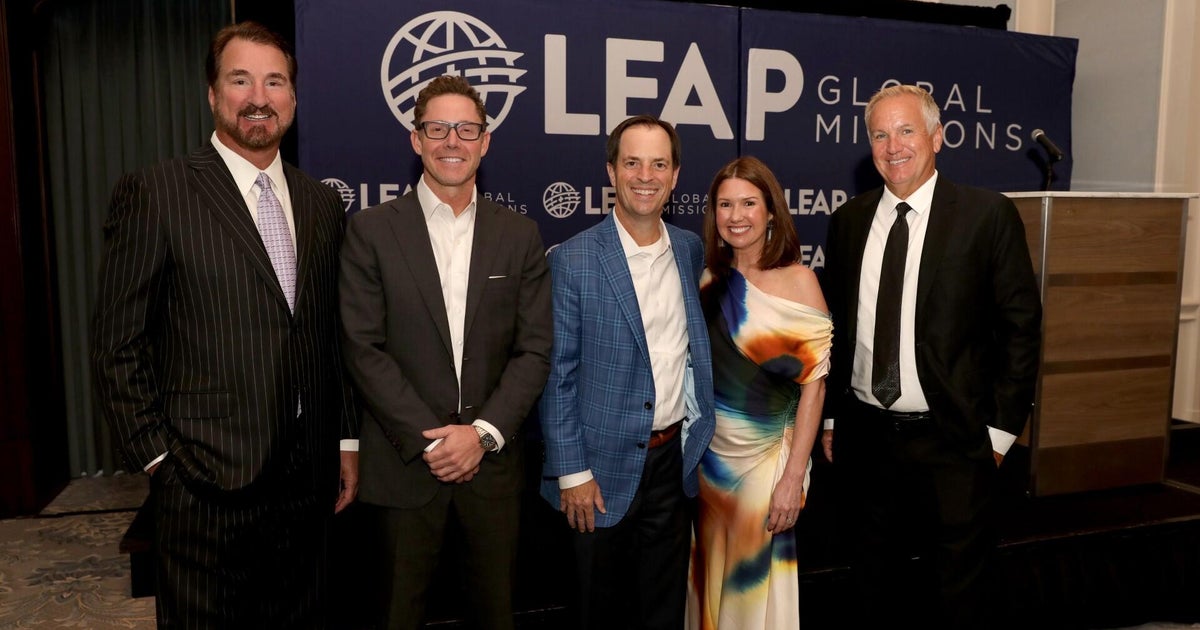What You Need To Know About The Supermoon Lunar Eclipse
CAPE CANAVERAL, Fla. (CBSNewYork/AP) — Get ready for a rare double feature this weekend, starring our very own moon.
A total lunar eclipse will share the stage with a so-called supermoon Sunday night or early Monday, depending where you are. That combination hasn't been seen since 1982 and won't happen again until 2033.
POST YOUR LUNAR PHOTOS ON FACEBOOK
This event can be referred to in several different ways:
- Supermoon Lunar Eclipse
- Super Blood Moon
- Harvest Moon Eclipse
- Supermoon Eclipse
When a full or new moon makes its closest approach to Earth, that's a supermoon. Although still about 220,000 miles away, this full moon will look bigger and brighter than usual. In fact, it will be the closest full moon of the year, about 30,000 miles closer than the average distance. (The moon's orbit is far from a perfect circle.)
NASA planetary scientist Noah Petro is hoping the celestial event will ignite more interest in the moon. He is deputy project for the Lunar Reconnaissance Orbiter, or LRO, which has been studying the moon from lunar orbit since 2009.
"The moon's a dynamic place," Petro said Wednesday. "We're seeing changes on the surface of the moon from LRO. We're seeing that it's not this static dead body in the sky ... it's this great astronomical object that we have in our backyard, essentially. So people should get out and start looking at it."
Many stargazers, professional and amateur alike, dislike the term "supermoon," noting the visible difference between a moon and supermoon is slight to all but the most faithful observers.
"It's not like the difference between an ordinary man and Superman," said Alan MacRobert, a senior editor at Sky & Telescope magazine. "It really ought to be called a tiny, slightly little bit bigger moon, rather than the supermoon."
The full eclipse of the moon will last more than an hour and be visible, weather permitting, from North and South America, Europe, Africa and western Asia. Showtime on the U.S. East Coast is 10:11 p.m. EDT (0211 GMT); that's when the moon, Earth and sun will be lined up, with Earth's shadow totally obscuring the moon.
"The red portion of sunlight is what makes it through our atmosphere to the other side, bent toward the eclipsed moon, so that even though the moon is within Earth's shadow, the red portion of the sun's light can give the moon this ghostly illumination," Eric Edelman of Slooh told AccuWeather.
"The red portion of sunlight is what makes it through our atmosphere to the other side, bent toward the eclipsed moon, so that even though the moon is within Earth's shadow, the red portion of the sun's light can give the moon this ghostly illumination," Eric Edelman of Slooh told AccuWeather.

In Europe, the action will unfold before dawn Monday. No matter where, the preshow will begin two hours earlier.
The next Lunar Eclipse to occur when the moon is considered to be "Super" is not until 2033. So get out and see it! There won't be another total lunar eclipse until 2018.
This weekend's eclipse marks the end of a tetrad, or series of four total lunar eclipses set six months apart. This series began in April 2014.
The 21st century will see eight of these tetrads, an uncommonly good run. From 1600 to 1900, there were none.
Observatories are marking the celestial event with public telescope viewing, although magnifying devices won't be necessary; the eclipse will be easily visible with the naked eye. Astronomers are urging stargazers to simply look to the east.
In Los Angeles, Griffith Observatory also will serve up Beethoven's "Moonlight Sonata" on the piano and other moon-themed music.
If it's cloudy in your area on Sept. 27, don't worry! NASA Television will be providing a live stream of the event, so you can tune in and enjoy the show.
(TM and © Copyright 2015 CBS Radio Inc. and its relevant subsidiaries. CBS RADIO and EYE Logo TM and Copyright 2015 CBS Broadcasting Inc. Used under license. All Rights Reserved. This material may not be published, broadcast, rewritten, or redistributed. The Associated Press contributed to this report.)







